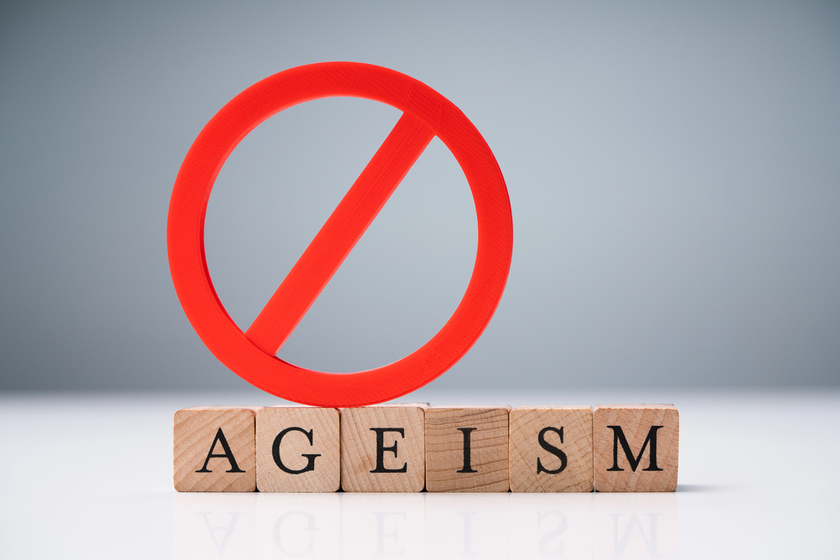Ageism means treating people differently because of their age, and it often affects the elderly. People might think the elderly are too old to work or to learn new things and this unfair treatment can hurt their feelings and make them feel unimportant.
How Ageism Shows Up
Ageism can happen in many ways. Some people might talk down to the elderly or ignore them while others might think all elderly are weak or slow. This can happen in workplaces, at home, or in places like shops and restaurants. Sometimes, even family members might treat their elderly loved ones differently without meaning to. These actions can make them feel left out or not respected.
The Impact of Ageism on the Elderly
Ageism can cause many problems for the elderly. It can make them feel lonely and sad, and they might feel like they don’t belong or that their opinions don’t matter. Here are some ways ageism impacts the elderly.
Mental Health Issues
The elderly who face ageism might feel stressed or depressed. They might think they can’t do things for themselves anymore and this can make them feel hopeless and lower their self-esteem.
Physical Health Problems
Feeling left out or unwanted can also hurt their health. They might not take care of themselves as well or avoid going to the doctor. This can lead to more health problems and make it harder for them to stay healthy and active.
Fewer Opportunities
The elderly might miss out on jobs or activities they enjoy because of ageism. Employers might think they are too old to work, or they might not be given chances to learn new skills or join in fun activities. This can make them feel less important and more isolated.
Loss of Independence
When people treat the elderly as if they can’t do things on their own, they might start to believe it. They might stop trying to do things for themselves, and this can lead to losing skills and independence, making them rely more on others.
Fighting Against Ageism
It’s important to fight against ageism to help the elderly live better lives. Here are some ways we can do this.
Education
Teaching people about the values and abilities of the elderly can help reduce ageism. It’s important to remind everyone that they have a lot of experience and wisdom to share.
Respect and Inclusion
We should always respect the elderly and include them in activities and decisions. This can help them feel valued and important. Simple things like listening to their stories or asking for their advice can make a big difference.
Encouragement and Support
Encouraging the elderly to try new things and supporting them in their interests can help them stay active and happy. Whether it’s learning a new hobby or participating in community events, it’s important to make sure they have the chance to stay engaged and involved.
Creating Age-Friendly Communities
Making places like communities and parks accessible and welcoming for the elderly can help them feel more comfortable and included. This can involve things like building ramps for wheelchairs or offering activities that cater to their interests.
Ageism in the elderly is a serious issue that can harm their mental and physical health. By understanding ageism and working to stop it, we can help them live happier and healthier lives. Everyone deserves to feel respected and valued, no matter how old they are.
By supporting the elderly and treating them with kindness, we can create a better world for everyone. Fighting ageism is a shared responsibility. Our team strives to make our retirement community welcoming and respectful for our residents. Contact us to find out more.







